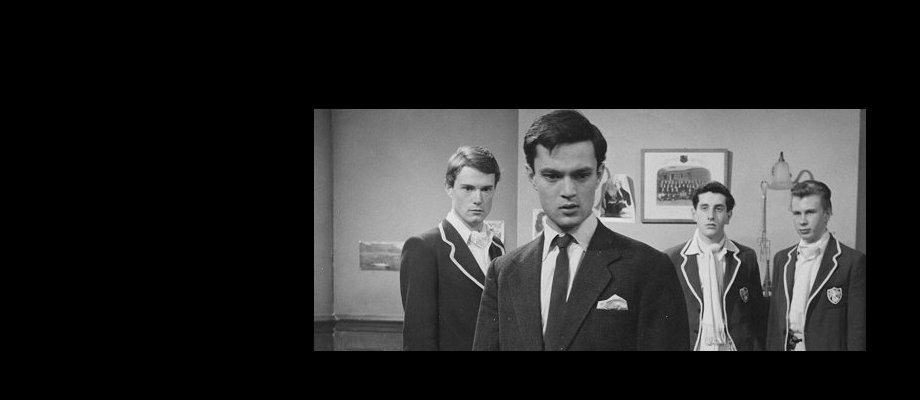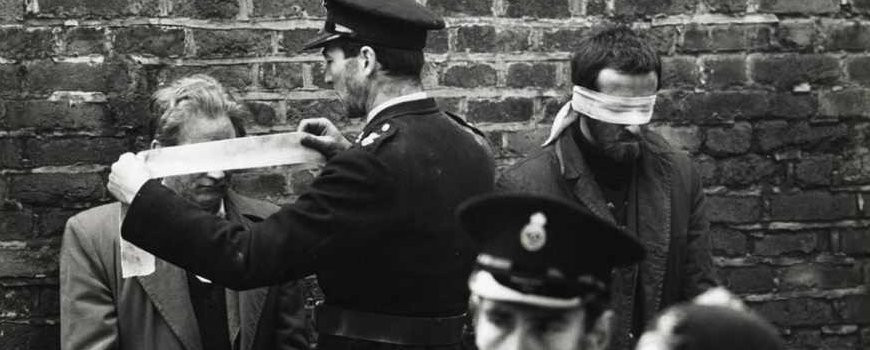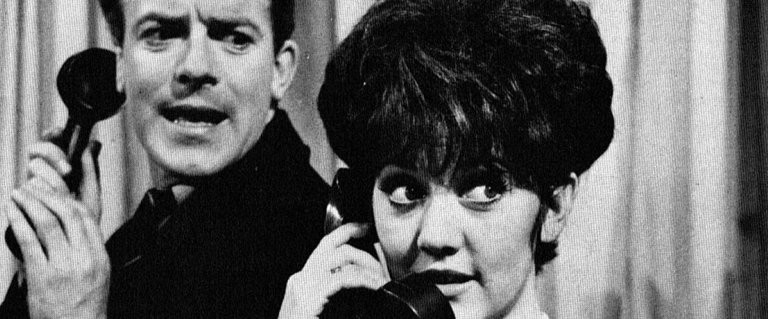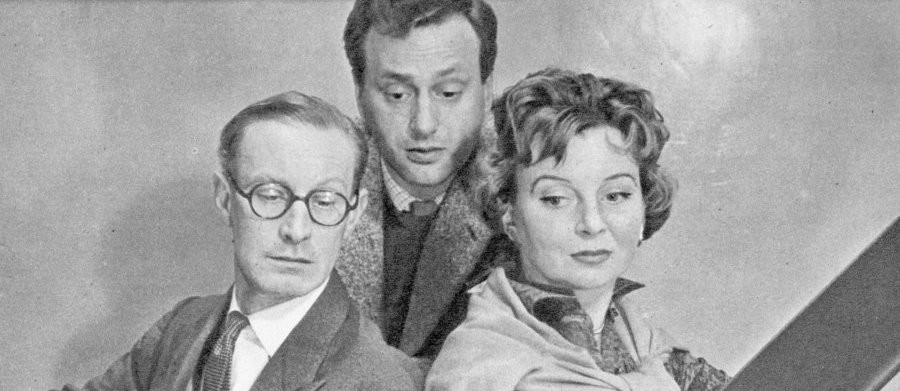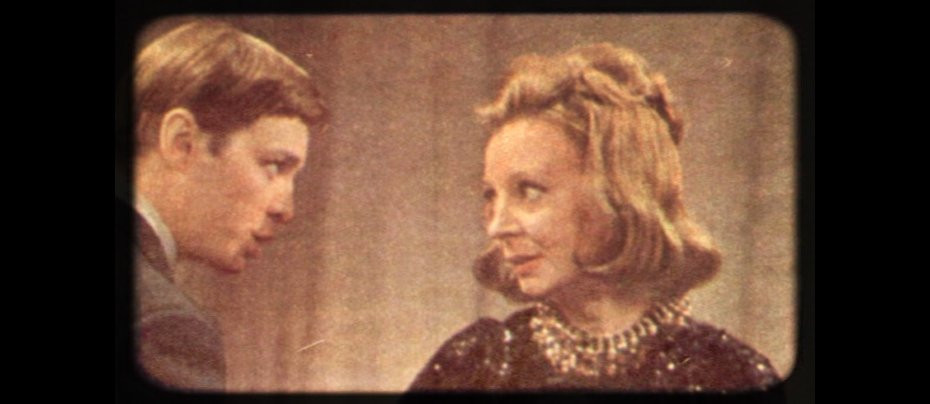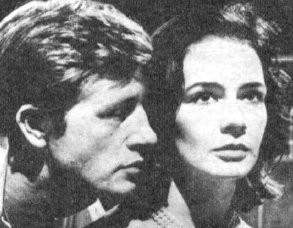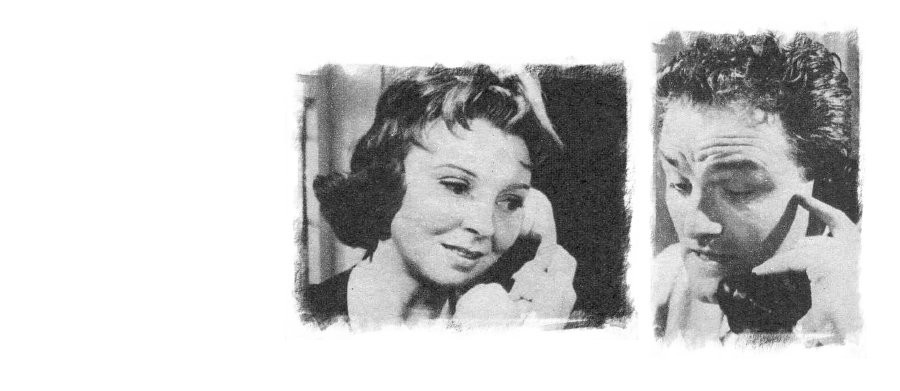
A Matter of Principle
1962 - United KingdomShould a doctor tell his patients the truth - whatever the cost? Harry Branksome, brilliant surgeon, is dedicated to the truth, no matter whom it hurts.
Surgeon Harry Branksome is a bore. He has stripped himself of all emotion, all kindnesses. He treats both patients and colleagues with either brutal indifference or savage rudeness. This is the way he has chosen to live. The way that helps him bear the heavy responsibility of having men's lives in his hands.
A superb technician at the operating table, he has become unfeeling, ill-mannered and unsympathetic in all his personal relationships. The key to A Matter of Principle is whether or not Branksome's brilliance as a surgeon will continue to outweigh his deficiencies as a human being, and whether or not he can survive the political intrigues at the large London teaching hospital where he works without a radical alteration to his approach.
Branksome's character was quite a problem for Charles Gray, who played the part. "I started off rehearsals by trying to give Branksome a bit of charm, in spite of the way he behaved. But that made it difficult for everyone to say what a pig he was - and tended to slow up the pace. So I decided to act him as the boor he undoubtedly is."
In the even more thankless part of the rather pathetic woman who loves Branksome was Pamela Brown. "It's not the sort of part I'd want to do on stage," she told TV Times. "But on television there is more opportunity to register emotions in close-up."
A Matter of Principle was adapted for television by John Clark from the book 'A Lady's Hand' by Edward Candy. Candy was the pen-name for Mrs B. A. Neville, herself a doctor. "I picked the pen-name because I started writing detective stories and felt a man's name more suitable," she said. "I didn't want to be thought of as a writer of women's books. The play is a story about people who could be in any profession. I set it in a teaching hospital because I was trained in one and knew I wouldn't make mistakes in the detail."
An ATV Network Production by H. M. Tennent shown in the Play of the Week strand at 9:15 - 10:40pm on Tuesday September 11th 1962.
Seen this show? How do you rate it?
Seen this show? How do you rate it?
Published on April 3rd, 2020. Written by Based on original TV Times article and adapted for Television Heaven.



